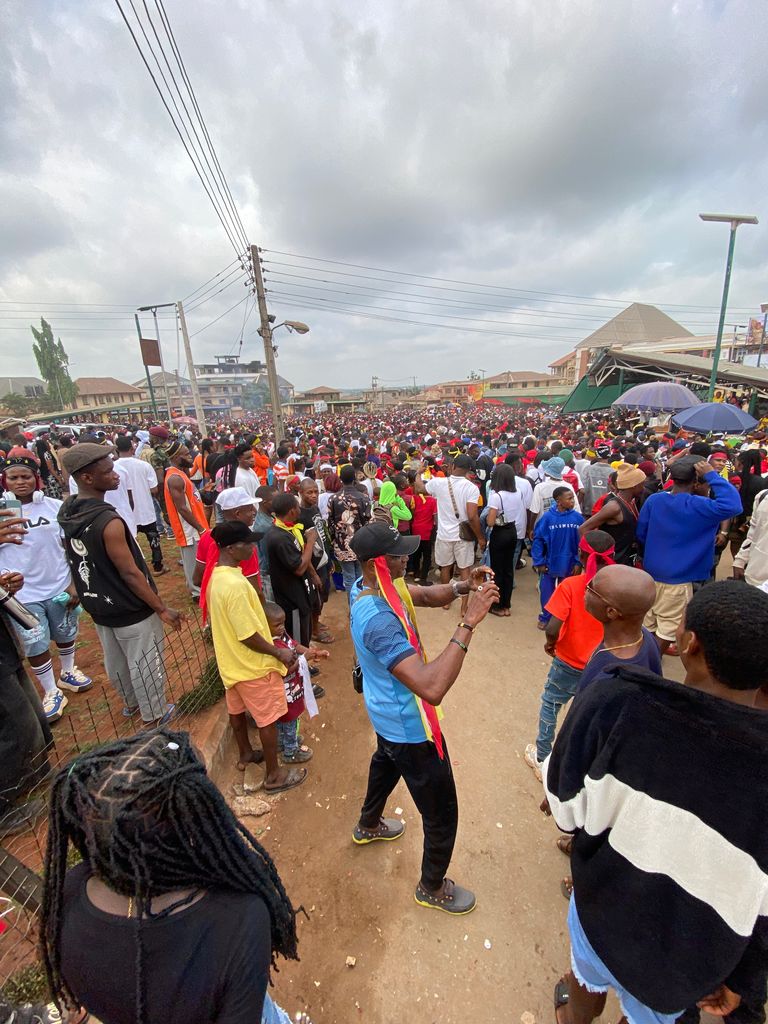
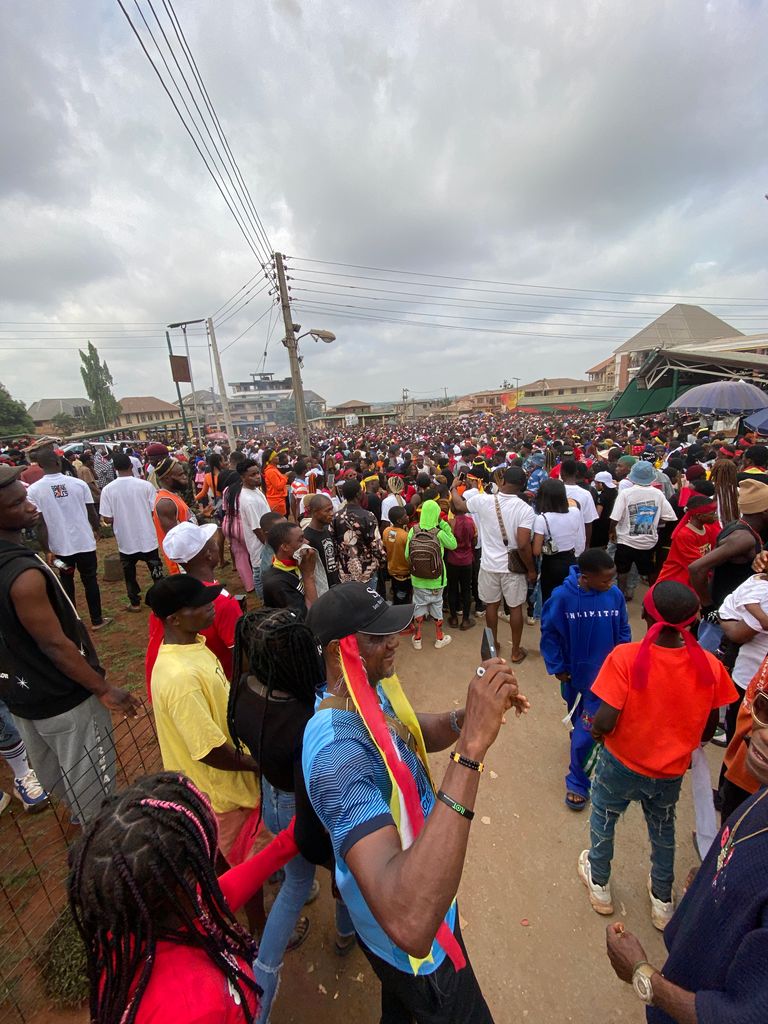
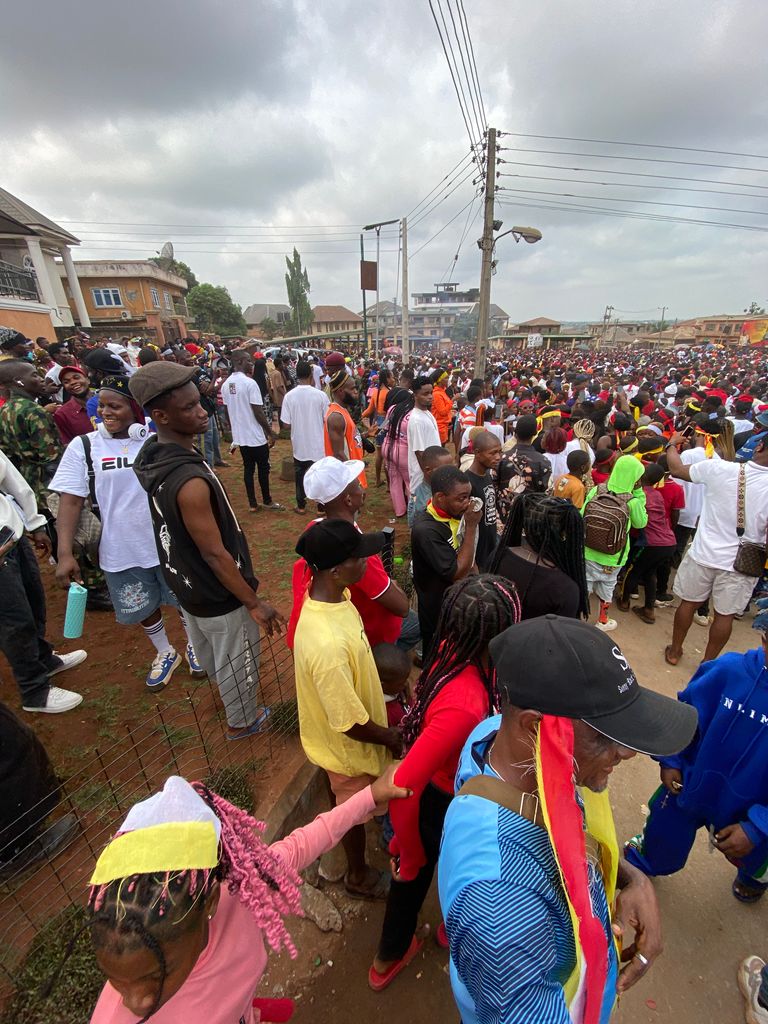
The ritual festival of Igba-Ada is a traditional carnival which symbolizes commemoration of the synergy between the living and dead and it acts as a spiritual conduit that binds or compensates the entire villages that constitutes Aguleri as a kingdom of one people with one destiny through the mediation of their contact with their ancestral home and with the built/support in religious rituals and cultural security of their extended brotherhood. This research work discusses Mmanwu Festivals and their symbolic representation in an Igbo community focusing on Igba-Ada carnival in Aguleri, Anambra East local government area. Secondary source as a kind method were reviewed and analyzed using the area cultural approach. This festival is a commemoration of how the Ohafia invaders were chased out and conquered by the egalitarian youths of Aguleri by reinenforcing themselves in other to wage war against their enemies. Basically, it usually an occasion for jocundity and thanksgiving; people appear in their best through mimic forms and give of their best. The carnival reunites their intimate brotherhood and shows how the Aguleri community uses this through the mediation of its rituals to reassert or validate the continuity and existence of Aguleri [Igbo] Traditional Religion. It is very significant in the sense that at the conclusion of the Igba-Ada carnival, the King acquires the symbolic and political authority to rule and the power to face his enemies and symbolically preserve his realm.
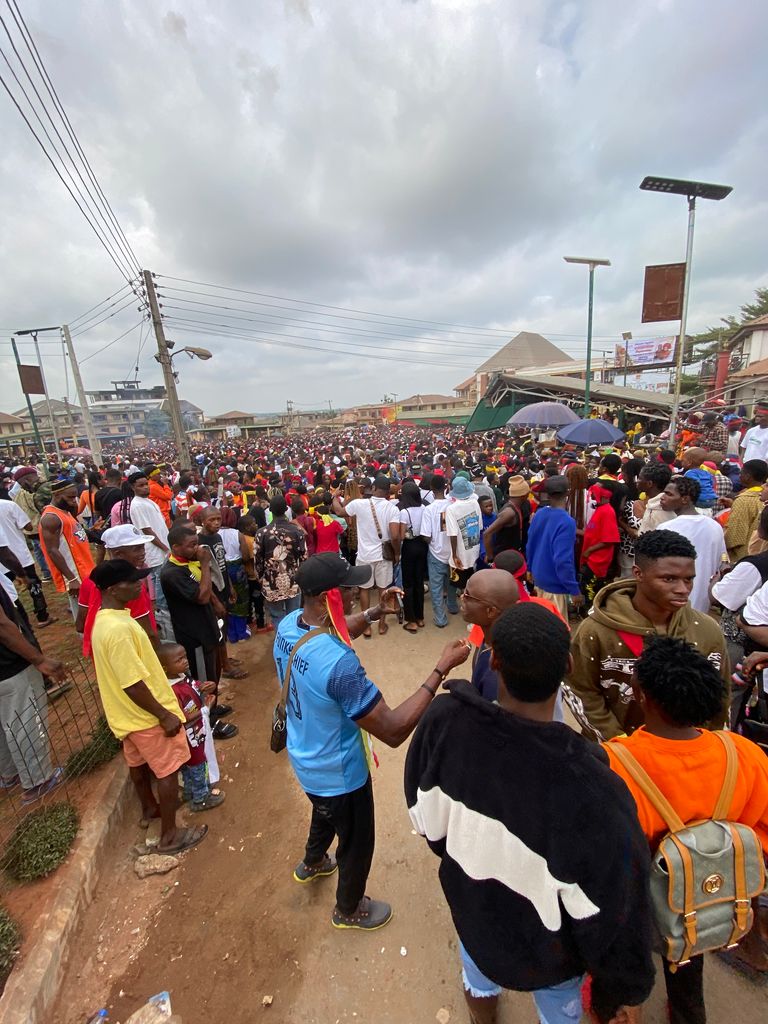

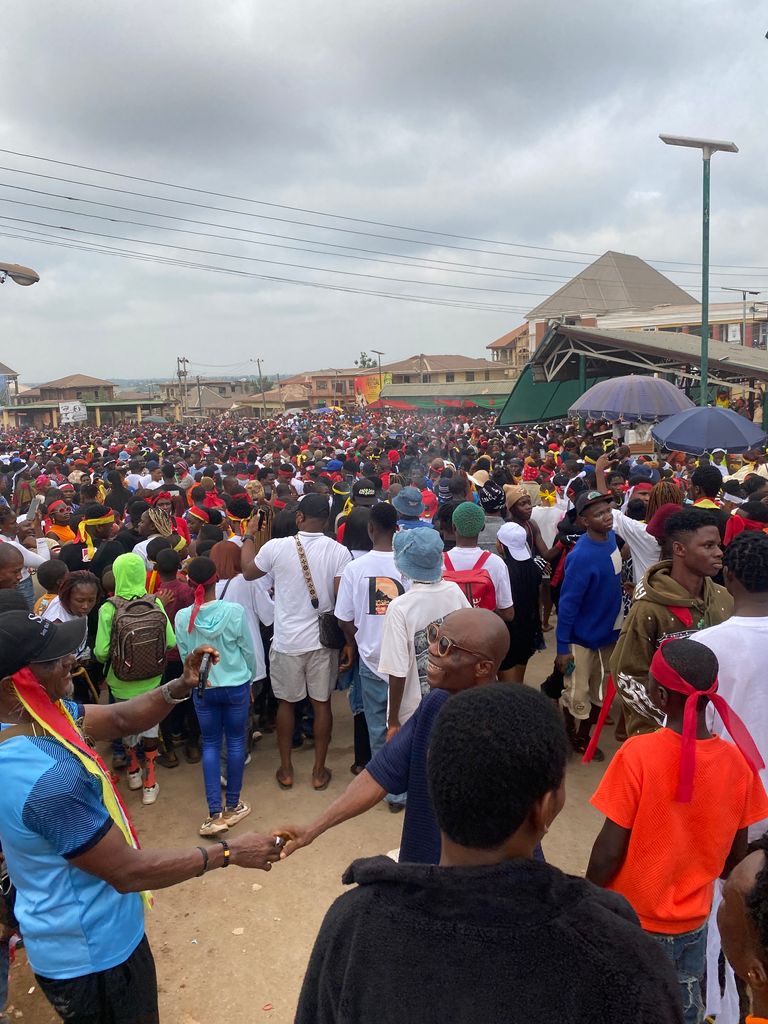
![IMG_0599.jpeg]
INTRODUCTION: The ritual festival of Igba-Ada is a commemoration of ancestral cult festival which symbolizes kingship and acts as a spiritual conduit that binds or compensates the communities that constitutes Eri kingdom through the mediation for the loss of their contact with their ancestral home and with the built/support in religious rituals and cultural security of their extended brotherhood. It is a day festival. This festival is usually an occasion for jocundity and thanksgiving; people appear in their best and give of their best. The offerings are mostly thank-offerings, and the meals constitute an opportunity of communion between the divinity and his ‘children’. The renewal of this covenant relationships between communities is done to reunite their intimate brotherhood and to show how the Igbo communities uses this festival to show their gratitude to their gods and ancestors for various reasons known to them and consequently commemorates Eri as their great ancestor in order words under sacred ordination reasserting Aguleri leadership over other Igbo communities as the head of the Igbo race in diaspora.

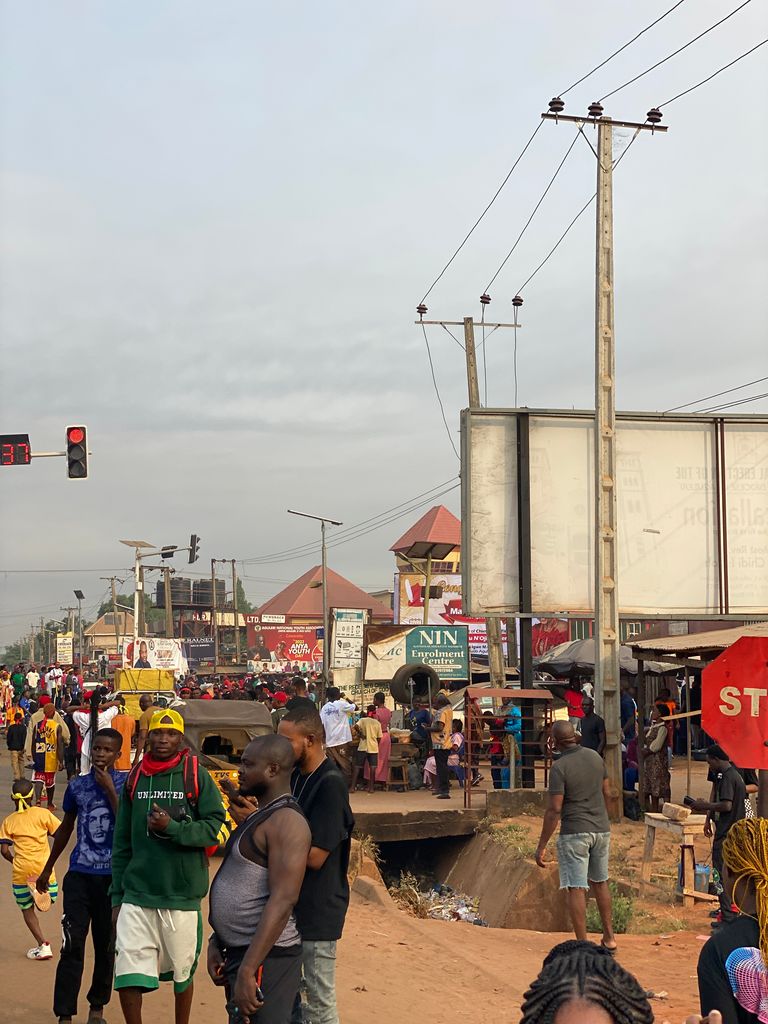
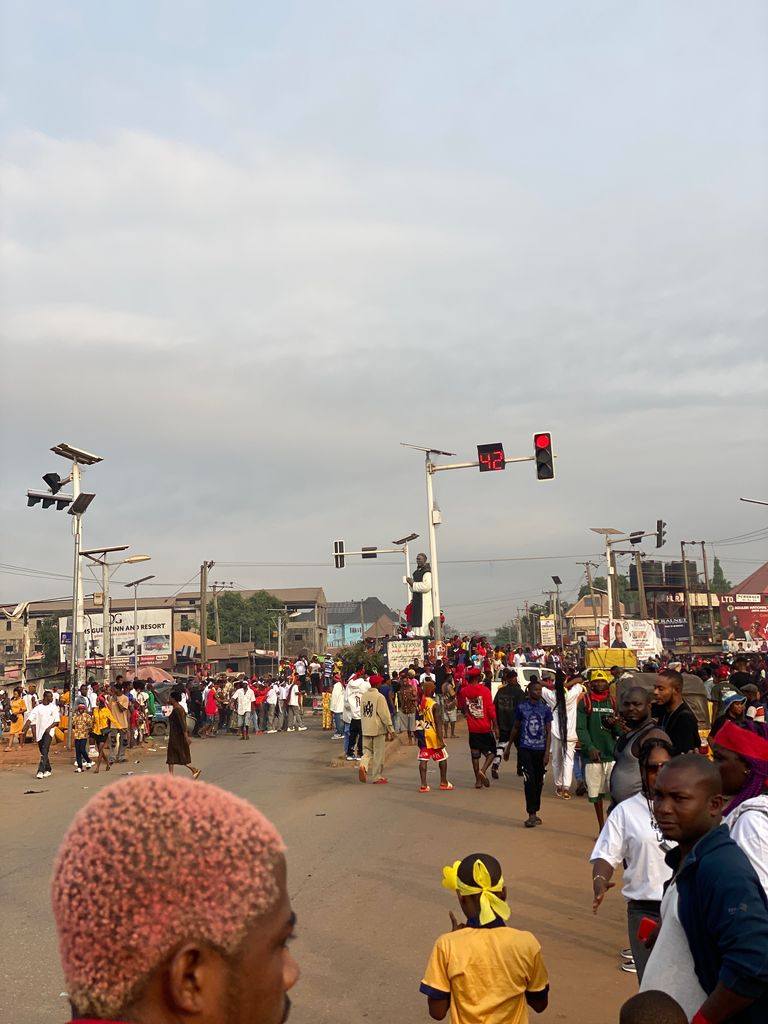
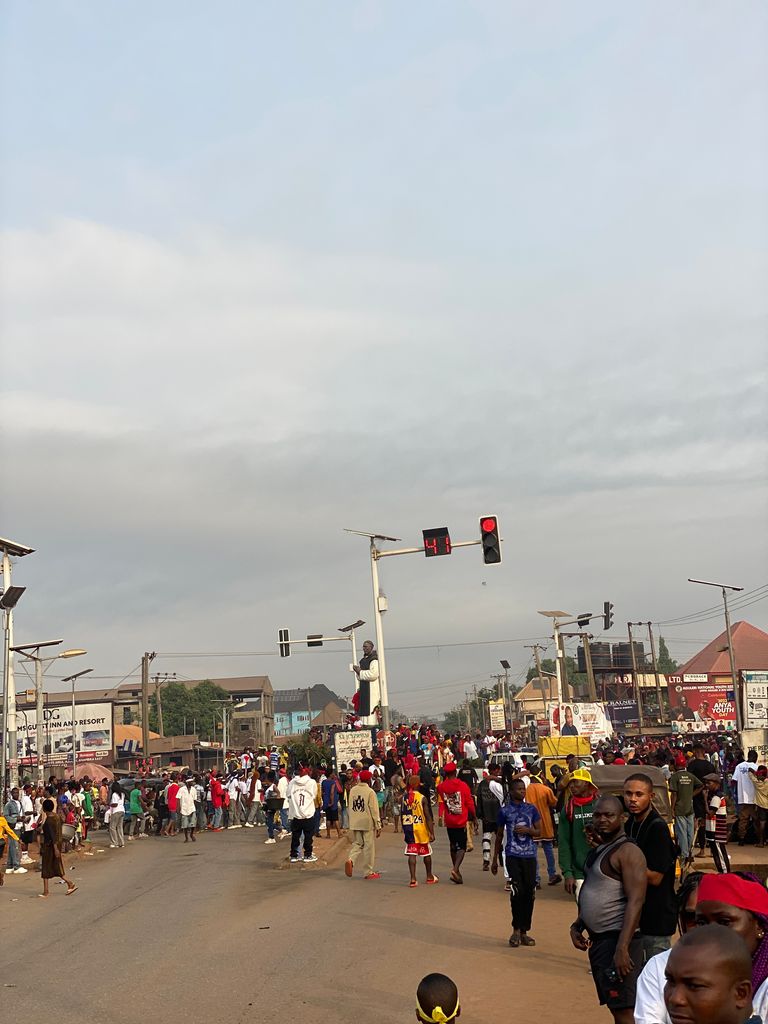
Origin and Migration:
According to Isichei (1980:2) “it is possible to visit Aguleri, and go away seeing almost nothing of the town at all. Most of the houses are set back from the road, and cover a wide area, in the classic Igbo pattern. And one may know the town well and never guesses its immense antiquity, for there is nothing visible to suggest it. Yet Aguleri, perhaps more than any other place, was the cradle of Igbo civilization. A long history, encapsulated in mythology, recalls a man called Eri, sent from God, who lived there”. According to Idigo (1990), Aguleri is a very large town situated at the bank of the river Anambra called Omanbala by the indigenes and corruptly nicknamed Anambra by the European Settlers. Despite being a largely nautical people who regularly traveled downriver to trade (Borgatti, 2003), Aguleri people are basically farmers. Their traditional way of life was so good and satisfactory that in recent times they have often been reluctant to abandon the land and move into the modern sector of the Nigerian economy (Idigo, 1955:2). Strictly speaking, no one actually knows when Aguleri was incepted as a town but the truth of the matter is that the history of Aguleri may have dated back to the early part of civilization and modernity in Nigeria. Since there were no written records, the dates of events, origin and migration of Aguleri people depended heavily on time- honoured legends, oral tradition, recent archaeological discoveries and excavations (Omoregie, 1989). Aguleri is a community of “one people – one destiny” (Arkin, 1989: xi). The origin of Aguleri people would be linked to the migration of Igbo race to this present Nigeria as a nation. One school of thought traces the origin of the Igbo people to that of the Jews who were believed to have migrated from Egypt. The words Igbo, Ibo, Ebo, Heebo are said to be a corruption of the name, Hebrew. As D. J Wiseman pointed out through the mouth of (Ikeanyibe, 1999:10) “the word Hebrew in Jewish language meant wanderer or a people with no secure place in society”, although, Aguleri people are part of the larger Igbo group till date. Settlement Eri, the founder of Igbo race was among the migrants and he was believed to have moved and settled temporarily with his followers, in an area near the confluence of the Niger and Benue Rivers (Ikeanyibe, 1999:11 & Idigo, 2001:72). From there Eri moved to the Anambra valley and quickly settled near the bank of the River Omanbala [corruptly called Anambra by the Europeans] at a place known as Eri-Aka near Odanduli stream, which is presently today located between Ivite and Igboezunu Aguleri respectively. Over time, Eri went out on war raids and captured many men and women and his settlement began to grow exceedingly (Idigo, 1990:3). Eyisi (2010:4) asserts that “by the 1280 B. C they had fully established the first Igbo settlement in Aguleri with distinct culture, religion, tradition and language”. RESEARCH METHODS Materials used in the course of this study were gathered from empirical method through where the secondary sources were applied. The study applies the method that is systematic which can be or have been applied within a distinct discipline of history and culture of a particular people. This research work consists of documented materials both published and unpublished work of related works on festivals and the history and culture of Aguleri people as it pertains to Igba-Ada festival that has become a ritual carnival in Aguleri cosmology. The materials were reviewed and analyzed using the area-culture approach of

Thank so much my family here for stopping on my post and blurting me I really appreciate it my fellow blurt
Blurt to the moon 🌙✈️✈️